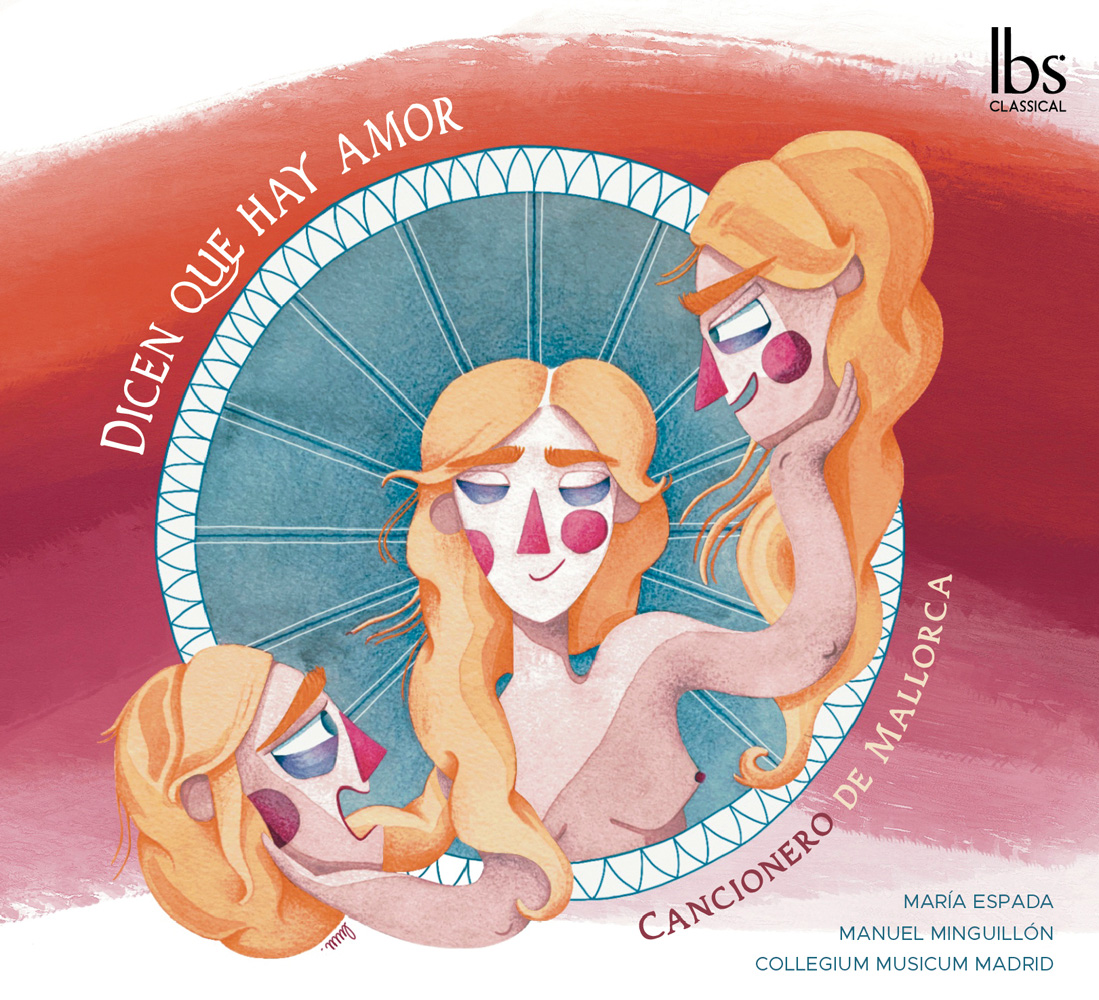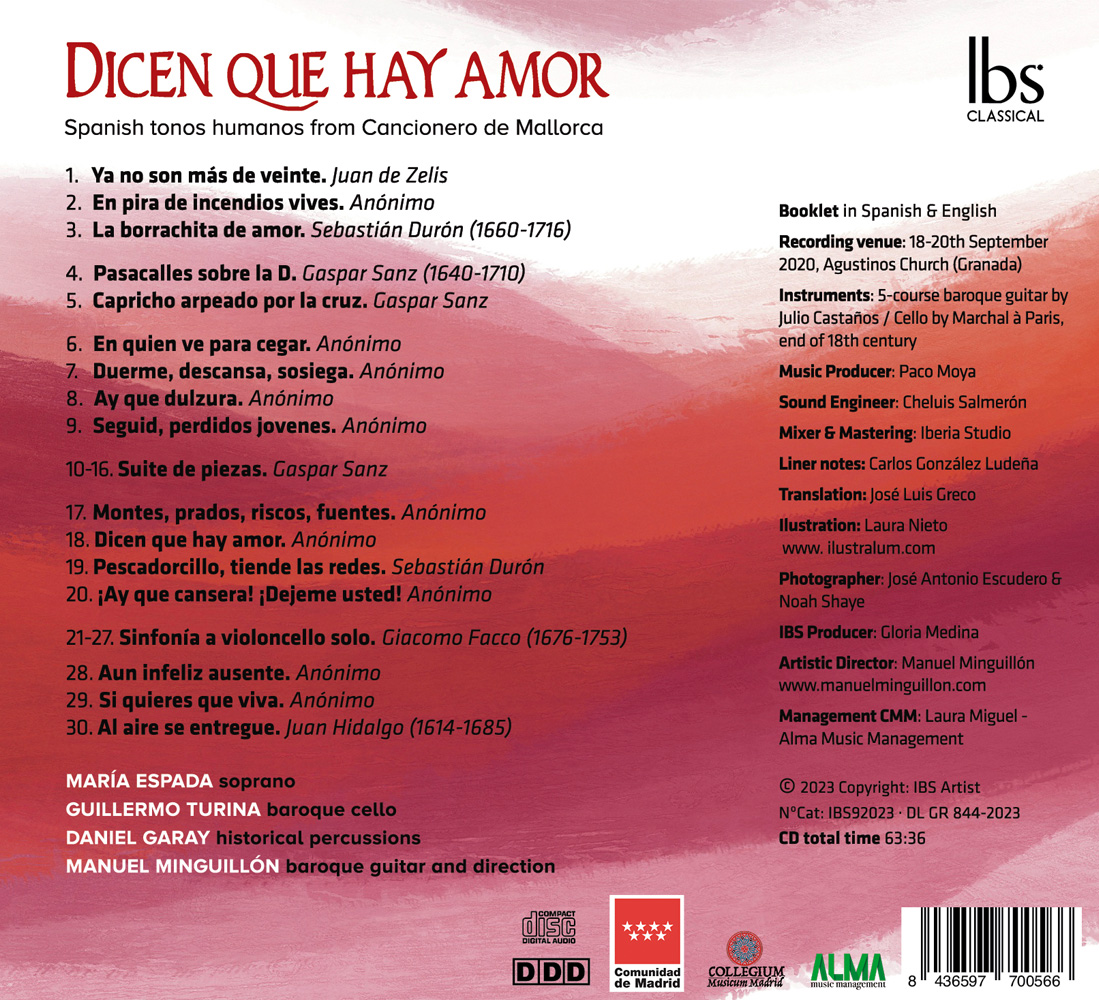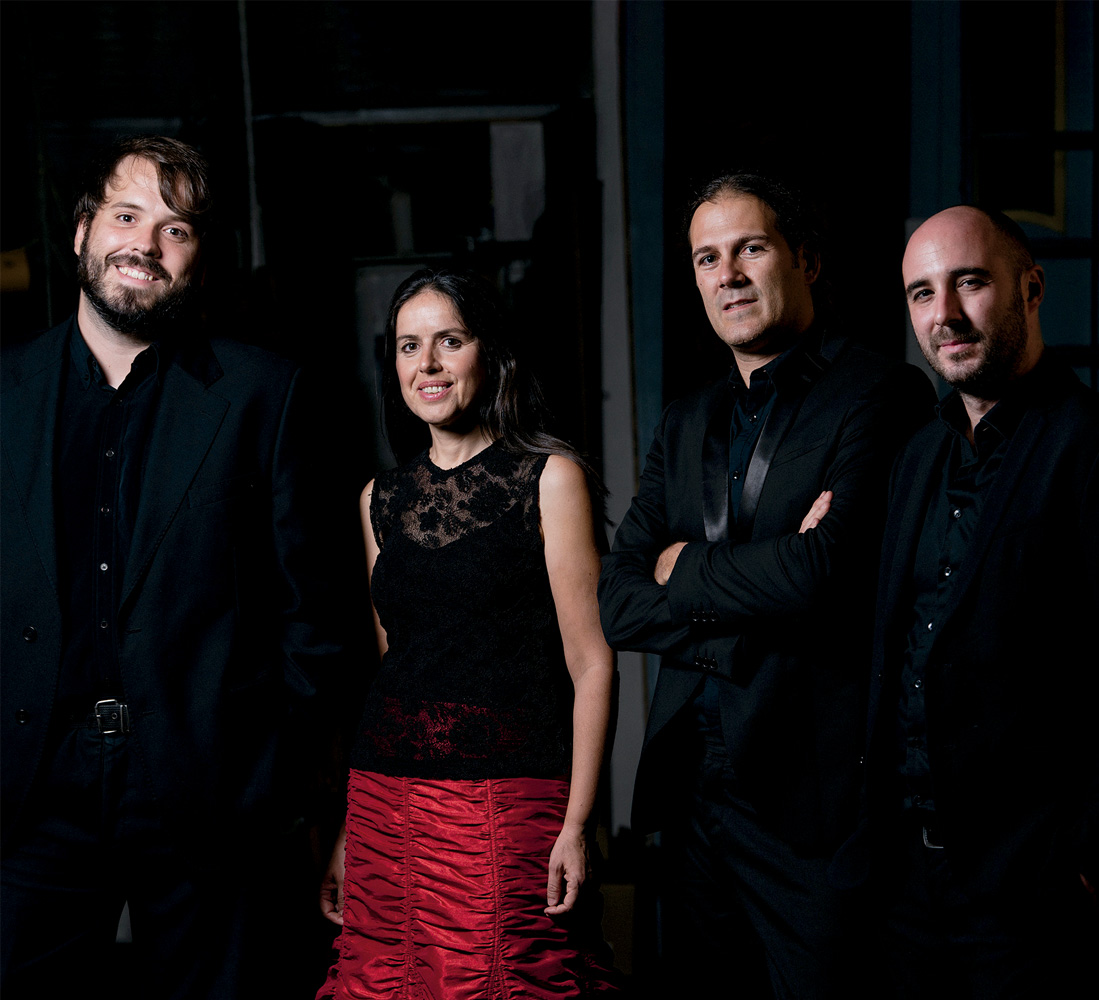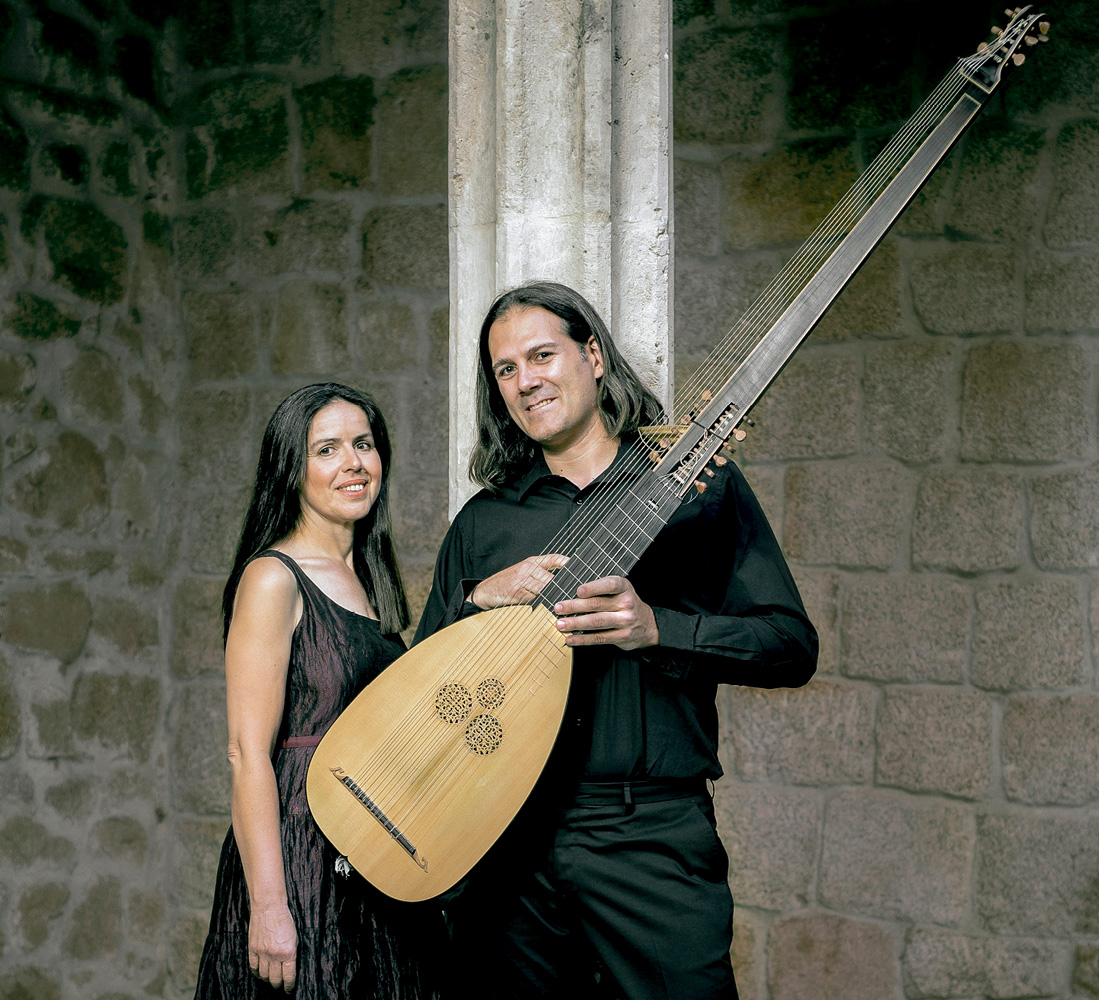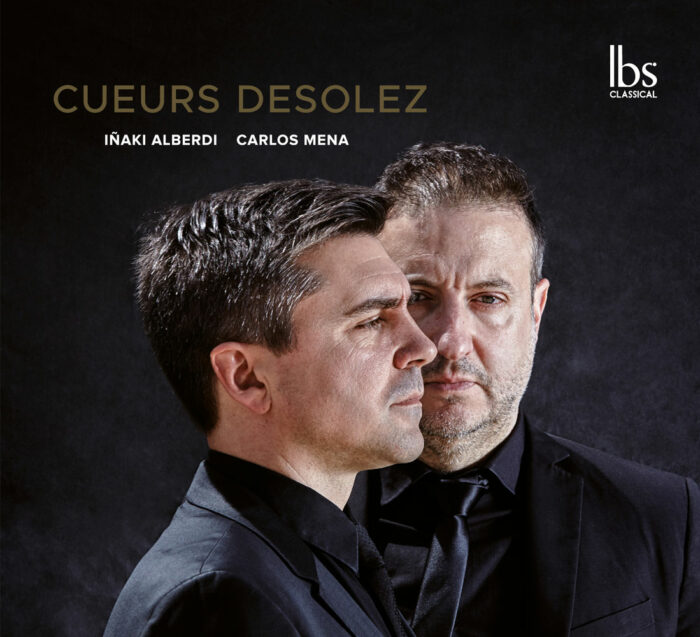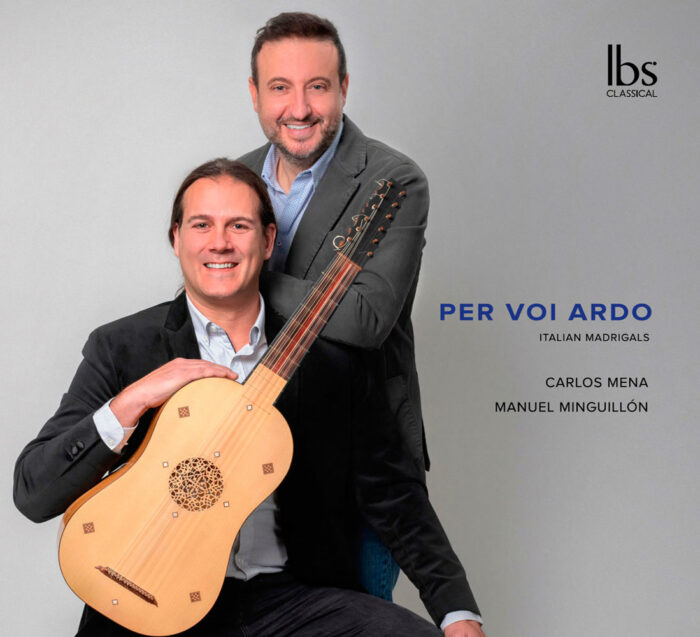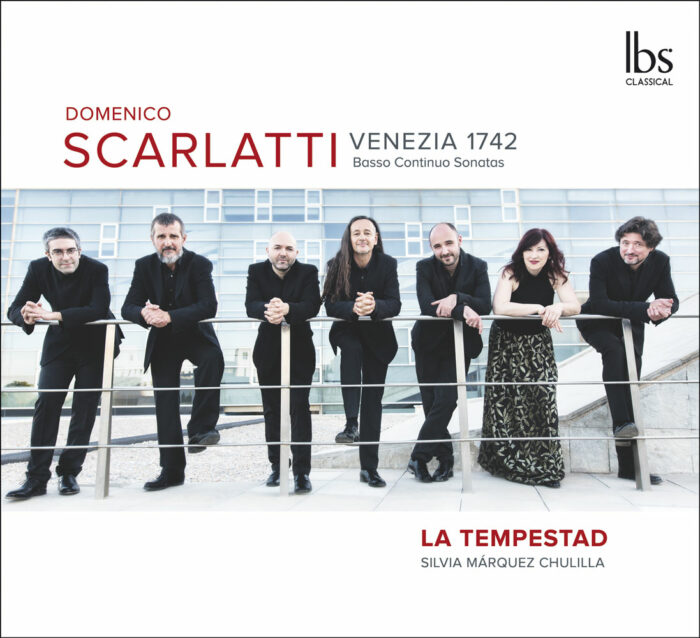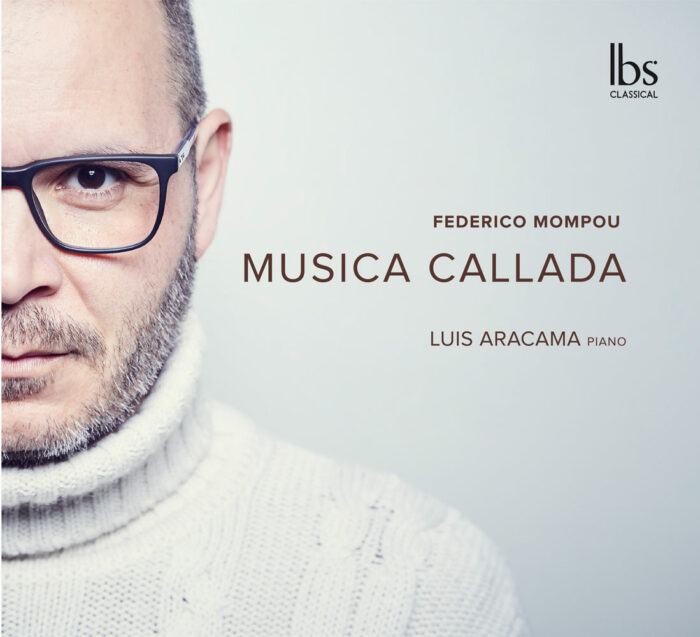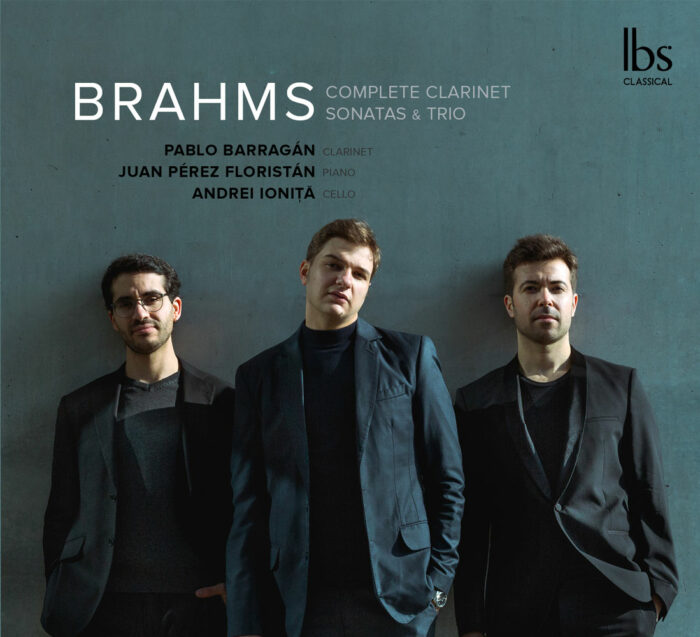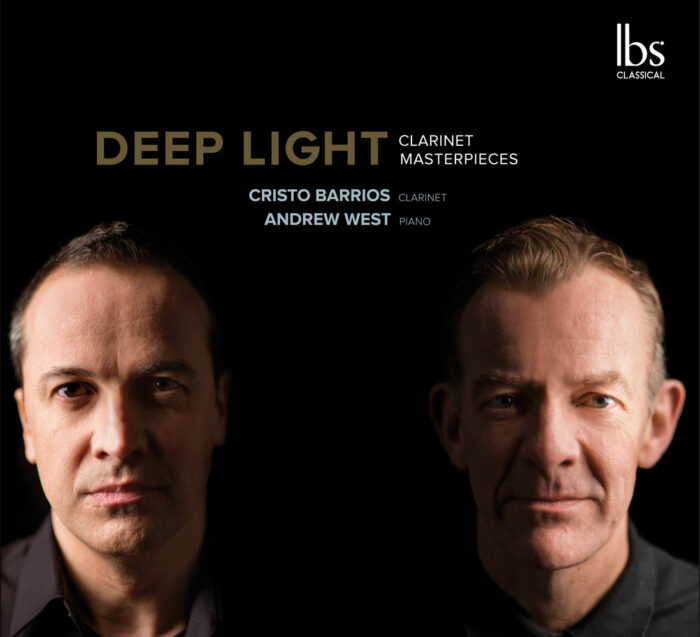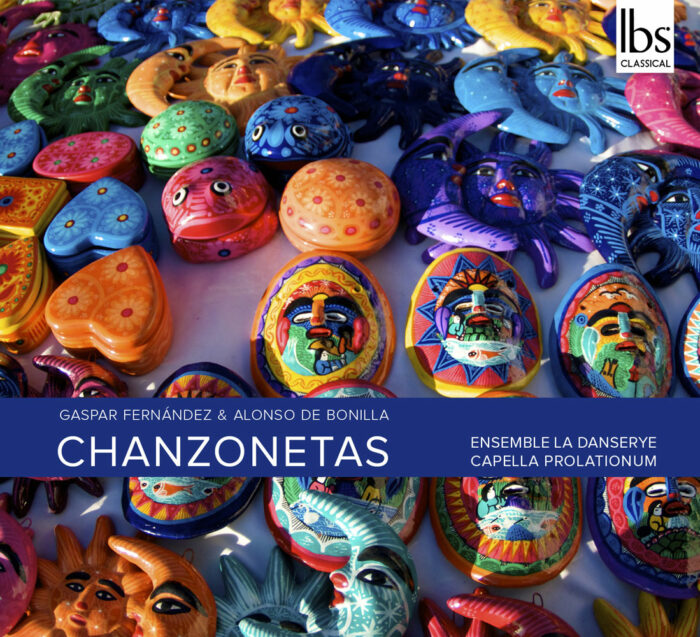Dicen que hay amor
14,95€
In Spain, the term tono humano was used during the Baroque period to refer to secular songs performed at urban spectacles or entertainment events such as theatrical performances, poetry contests, court parties or private concerts. These pieces often provided the musical setting for feasts; travels; promenades; soirées; academies where aristocrats, poets and musicians gathered; and meetings of influential people. Even clerics and nuns enjoyed their free time listening to, playing, singing and composing tonos humanos.
14,95€
Dicen que hay amor
In Spain, the term tono humano was used during the Baroque period to refer to secular songs performed at urban spectacles or entertainment events such as theatrical performances, poetry contests, court parties or private concerts. These pieces often provided the musical setting for feasts; travels; promenades; soirées; academies where aristocrats, poets and musicians gathered; and meetings of influential people. Even clerics and nuns enjoyed their free time listening to, playing, singing and composing tonos humanos.
The programme on this CD invites us to feel different emotions and reminds us of situations caused by love: suffering, inconstancy, jealousy, loneliness, disillusionment, coquetry, etc.
In short, the listener will find in this compilation the first monographic recording focused on the CPMM, an exquisite source from a Golden Age in the history of the Music in Spain. The tonos and instrumental pieces included on this CD reflect the variety of airs, the richness in musical styles and the diverse influences (Italian, Portuguese, French…) during the transition from the Baroque period to the Enlightenment. The main topic, Cupid’s power over gods and mortals and the consequences of his arrow shots, reminds us still today that love conquers all.
María Espada
The Spanish soprano, María Espada, studied singing at the Conservatorio de Mérida with Mariana You Chi Yu, at the Conservatorio Superior de Madrid con Pedro Lavirgen and at the Escuela Superior de Música Reina Sofía with Alfredo Kraus. She has attended master-classes courses with Charles Brett, Thomas Quasthoff, Hilde Zadek, Helena Lazarska, Montserrat Caballé, Manuel Cid, Julia Hamari, etc. She received the «Outstanding Thesis Award» and Award «Lucrecia Arana», both from the Conservatorio Superior de Madrid, and was awarded the Concurso internacional de canto Alfredo Kraus .
María Espada has performed in such venues as the Teatro Real, Auditorio Nacional, Teatro Monumental and Teatro de la Zarzuela in Madrid; Teatre del Liceu, Palau de la Música Catalana and L’Auditori in Barcelona; Kursaal de S. Sebastián, Concertgebouw in Amsterdam, Vredenburg in Utrecht, Santa Cecilia in Rome, Funkhaus in Vienna, Teatro Arriaga de Bilbao, Maestranza in Sevilla, Auditorio de Zaragoza, Auditorio de Galicia, Teatro Gayarre and Baluarte in Pamplona, Auditorio Príncipe Felipe de Oviedo, etc.
María Espada has sung with conductors such as Fabio Bonizzoni, Frans Brüggen, Jordi Casas, Aldo Ceccato, Diego Fasolis, Eduardo López Banzo, Jesús López-Cobos, Ernest Martínez Izquierdo, Andrea Marcon, Salvador Mas, Giuseppe Mega, Juanjo Mena, Josep Pons, Alexander Rahbari, Antoni Ros Marbá, Emil Simon, Alberto Zedda, etc. She has worked with groups like La Risonanza (Fabio Bonizzoni) Armoniosi concerti (J.C. Rivera), Estro cromatico (M. Scorticati), La Trulla de Bozes zes (C. Sandúa), Ministriles de Marsias (F. Rubio), etc. and with orchestras such as the Royal Concertgebouw Orchestra, Venice Baroque Orchestra, L’Orfeo Barockorchester (Director: Michi Gaigg), Orchestra of the 18th Century, Helsinki Baroque Orchestra, Al Ayre español, Orquesta Barroca de Sevilla, Orquesta Ciudad de Granada, Orquesta de la Comunidad de Madrid, Orquesta Sinfónica de Madrid, Orquesta Sinfónica de RTVE, Orquesta Sinfónica de Barcelona y Nacional de Cataluña (OBC), Orquesta Ciudad de Oviedo, Orquesta Sinfónica de Navarra, Orquesta Filarmónica de Málaga, Orquesta de Extremadura, Orquesta de Castilla y León, etc
Her interest in the field of chamber music has led her to perform works from the Baroque to the 20th century, both in recitals with piano and small chamber groups.
Manuel Minguillón
Manuel Minguillón was born in Madrid, Spain, where he obtained a double bachelor degree in guitar performance and early plucked instruments with Gerardo Arriaga, Jesús Alonso and Jesús Sánchez. Minguillón perfected his skills under the guidance of master lutenist Hopkinson Smith in Basel, Switzerland. Afterwards, he studied a Master’s Degree and Doctorate in Early Plucked Instruments with the world-renowned lutenist Paul O’Dette at the Eastman School of Music, In New York. Minguillón has performed as both soloist and ensemble player all over Europe, North America and Australia having appeared in the main Festivals and Concert Halls in these countries. Manuel is in high demand as both continuo and solo player and collaborates with ensembles such us Gabrieli Consort & Players, Monteverdi Choir, English Baroque Soloist, Florilegium, La Nuova Musica, The Kings Singers, Charivari Agreable, Al Ayre español, La Compañía de Teatro Clásico de España, Nereydas, Vespres d’Arnadi, Impetus, la Orquesta Barroca de Sevilla, Musica Alchemica, Ludovice Ensemble, Accademia del Piacere, La Madrileña, Harmonia del Parnás, Los Afectos Diversos, Tiento Nuevo, Musica Ficta, Concerto 1700 and La Grande Chapelle. He has performed for some of the most prestigious conductors and soloist such as Paul McCresh, John Elliot Gardiner, Paul O’Dette, Laurence Cummings, Eduardo López Banzo, Carlos Mena, Emanuela Galli, Vivica Genaux, Romina Basso, Filippo Mineccia and María Espada. Minguillón has more than a dozen recordings for labels such as Glossa, Pan Classics, Brilliant Classics, Signum Records, Enchiriadis, recording with groups such as The King Singers, Delitiae Musicae, Charivari Agreable, Nereydas, Delia Agúndez, La Dispersione, Los Afectos Diversos, MUSIca ALcheMIca y Ludovice Ensemble and Galan. As Alma Music Management general manager, he manages various important groups such as Nereydas or Collegium Musicum Madrid. He also manages some programes with Carlos Mena, María Espada o Filippo Mineccia. Manuel currently lives in Madrid, Spain where he teaches at Mingui Estudio Music School. He is artistic director of Collegium Musicum Madrid and Alma Music Management.
